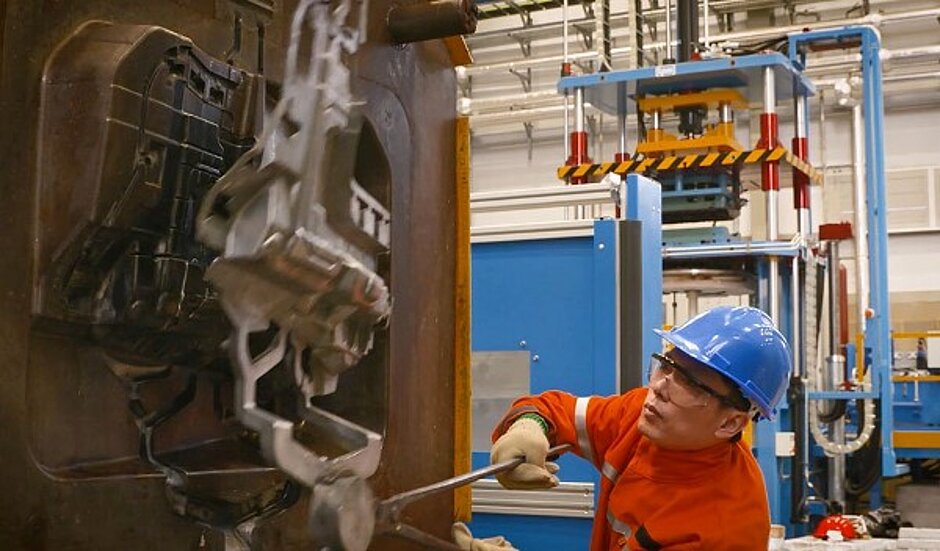The United Kingdom’s Brunel University London announced a partnership with Brunel Centre for Advanced Solidification Technology (BCAST), Jaguar Land Rover, and other commercial interests and research institutions to develop new ultra-light die-cast aluminium parts for use in automotive manufacturing.
The project is to be three years in duration and is the product of a planned US$9.7 million investment among the various partners. Experts from Brunel’s Advanced Metals Casting Centre (AMCC) and Advanced Metals Processing Centre (AMPC) working at its campus in west London are tasked with developing ultra-light thin-walled aluminium parts to be used in offerings in coming years from Jaguar Land Rover. Such parts will be used for shock absorption, chassis components, or door closures.
The project is intended to help connect research and industry in the ever-growing drive in using lightweight aluminium alloys in vehicles to reap gains in fuel efficiency.
“By casting a vehicle that is lighter, you improve fuel efficiency, because they need less energy to propel them along to the road,” explained Eric Nyberg, BCAST Director of Programmes. “And better fuel consumption means cleaner air by pumping fewer polluting gases into the environment.”
Of the US$9.7 million investment, US$4.8 million will be provided by the Advanced Propulsion Centre (APC). APC’s investment is part of US$80 million earmarked for projects intended to propel the United Kingdom into the forefront of low-emissions technology, ultimately trimming 50 million metric tons of carbon dioxide emission by 2023. In addition to environmental gains, APC says the projects will protect or create over two thousand jobs in the British Isles.
“The funding demonstrates the depth of low-carbon development that is in the UK,” said APC’s Chief Executive Ian Constance. “From powertrain, to light-weighting, to energy storage, these new projects will not only lower emissions but secure thousands of jobs, address supply chain gaps, and help the UK become a true global leader in advanced vehicle technology.”
Source: aluminiuminsider.com
×


